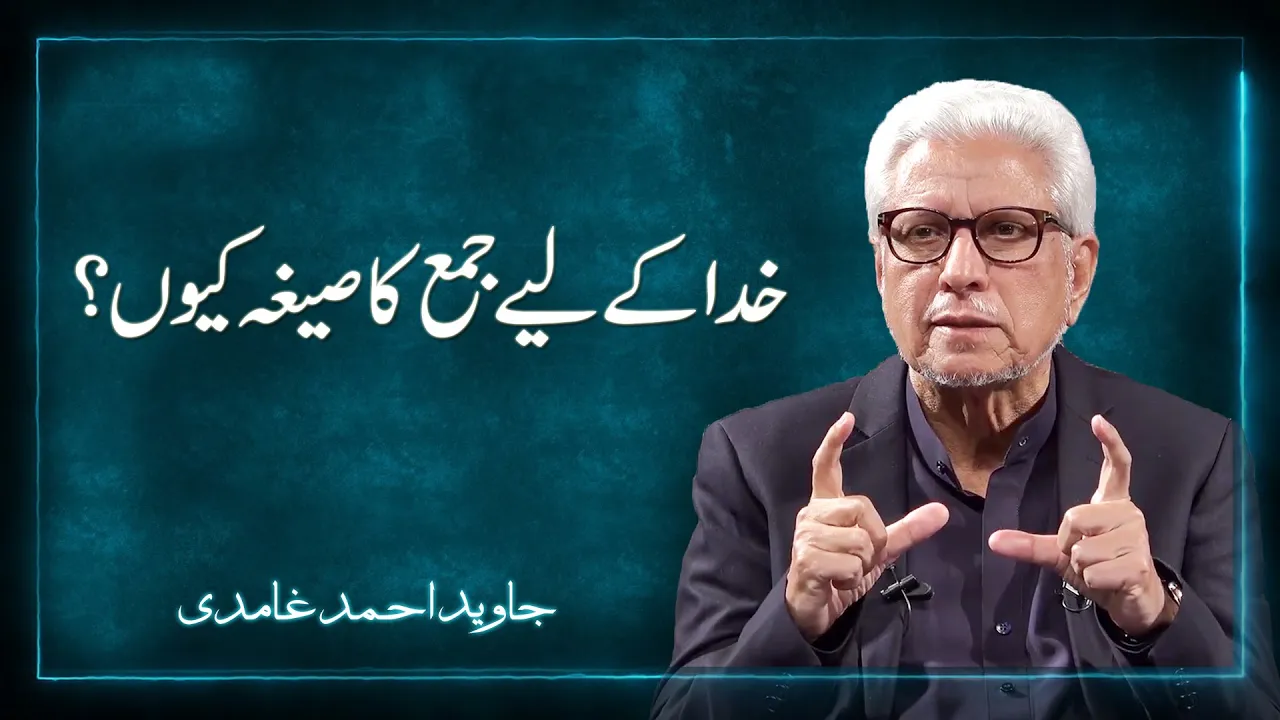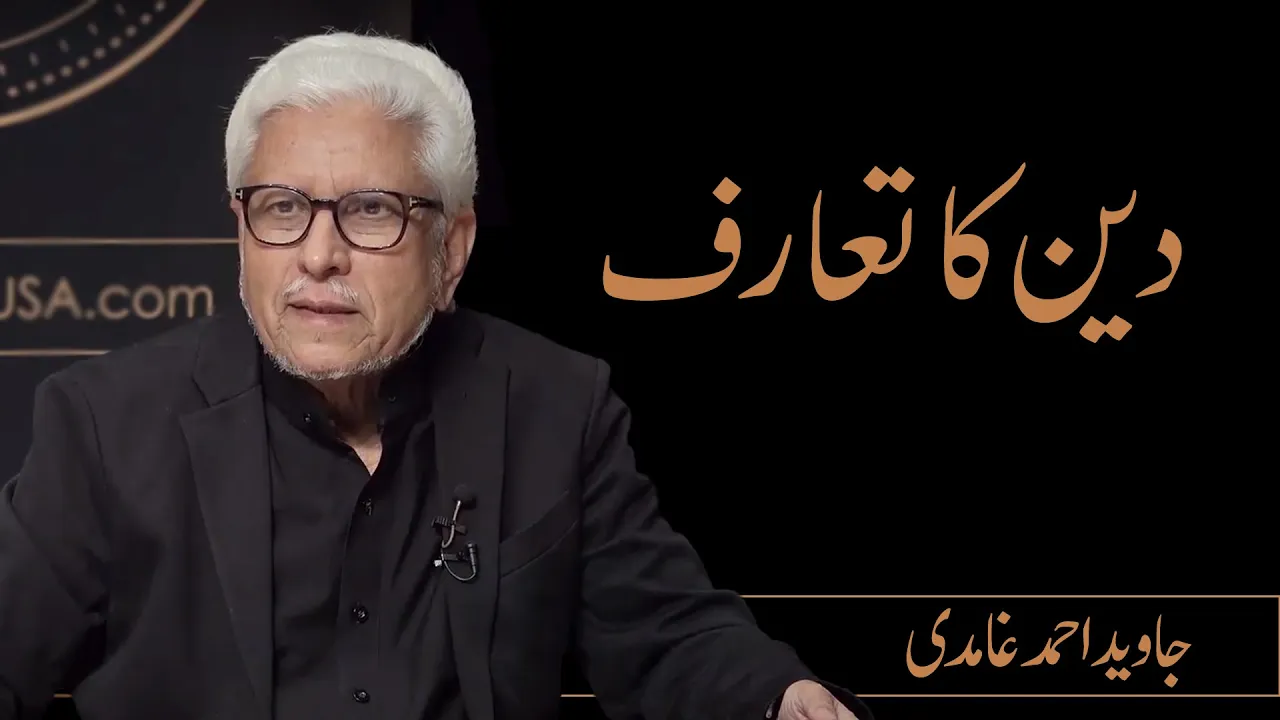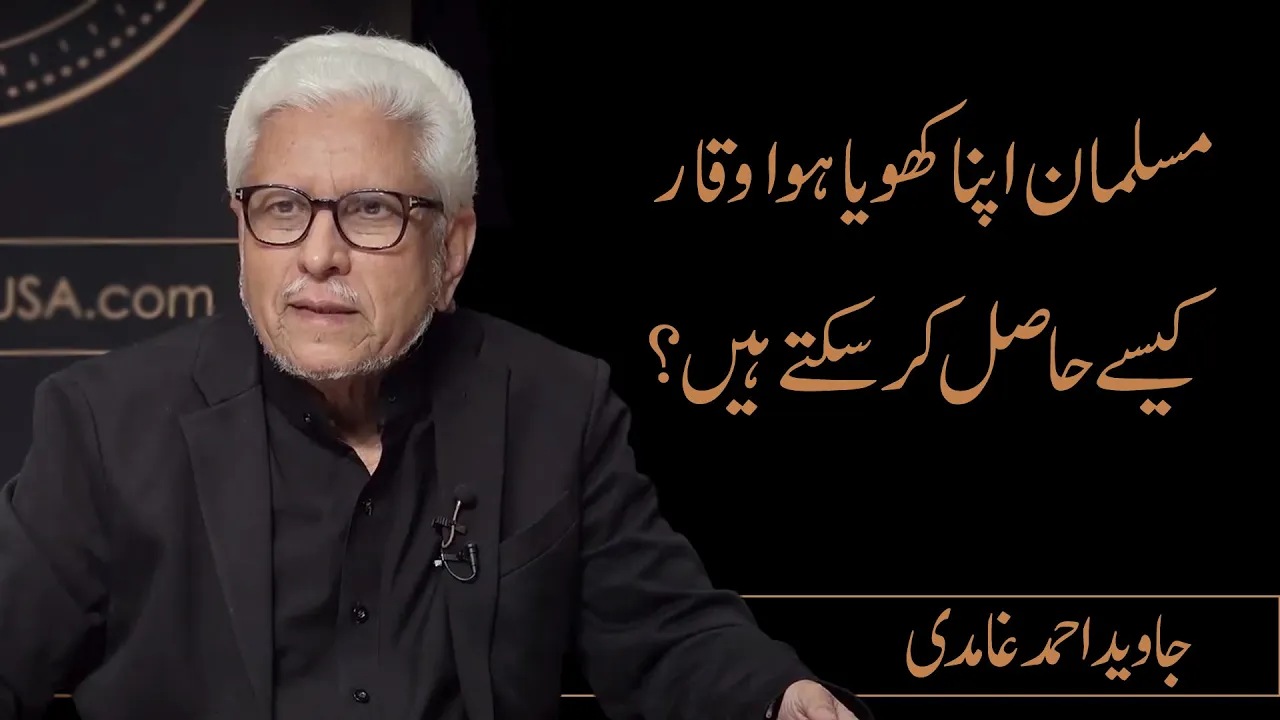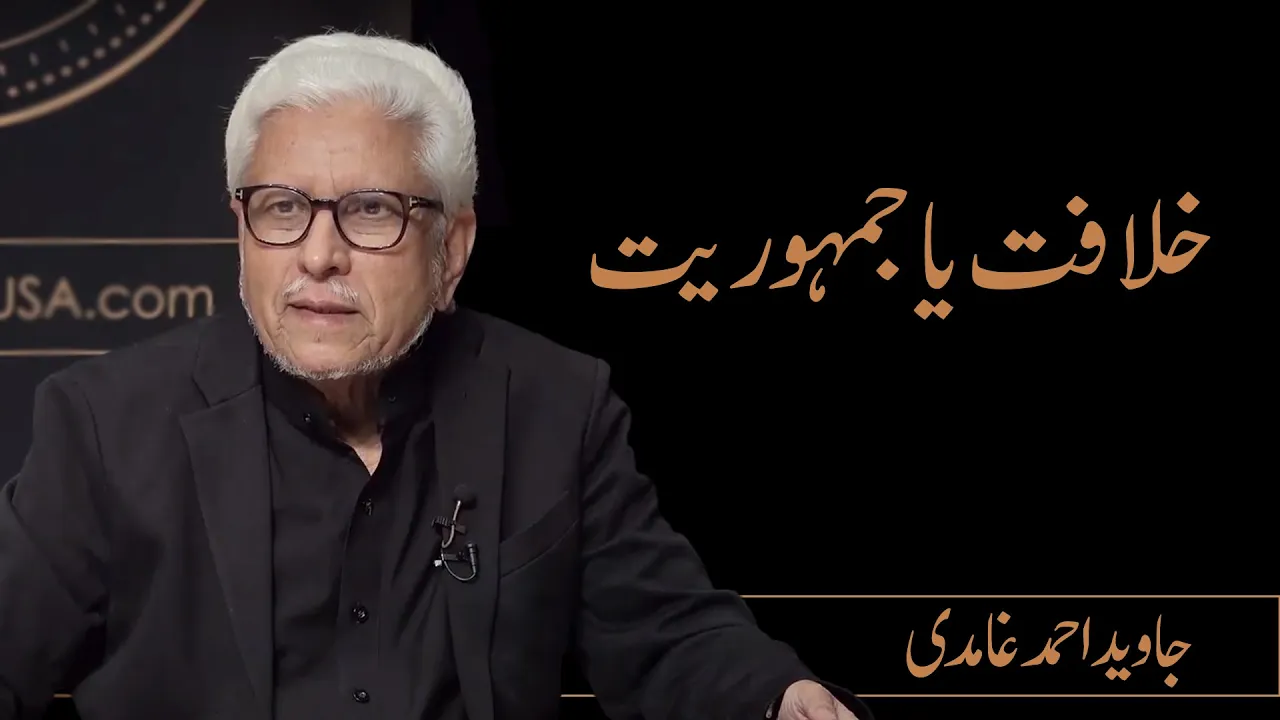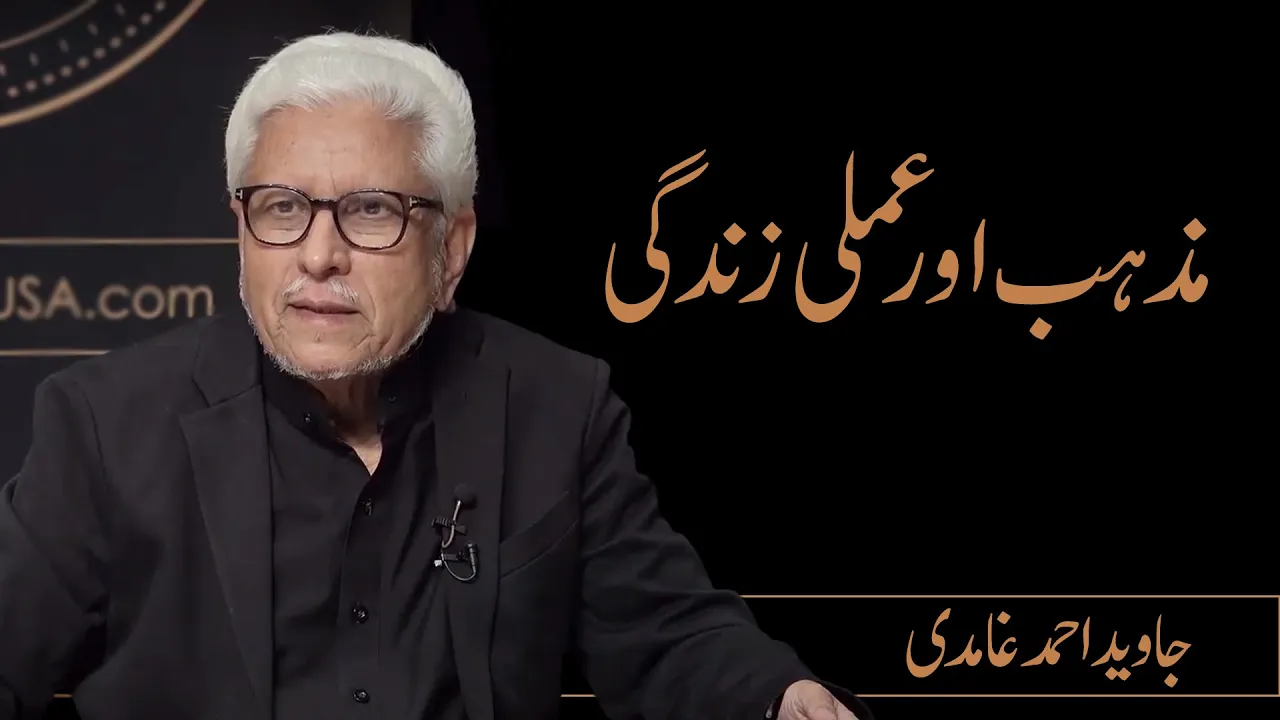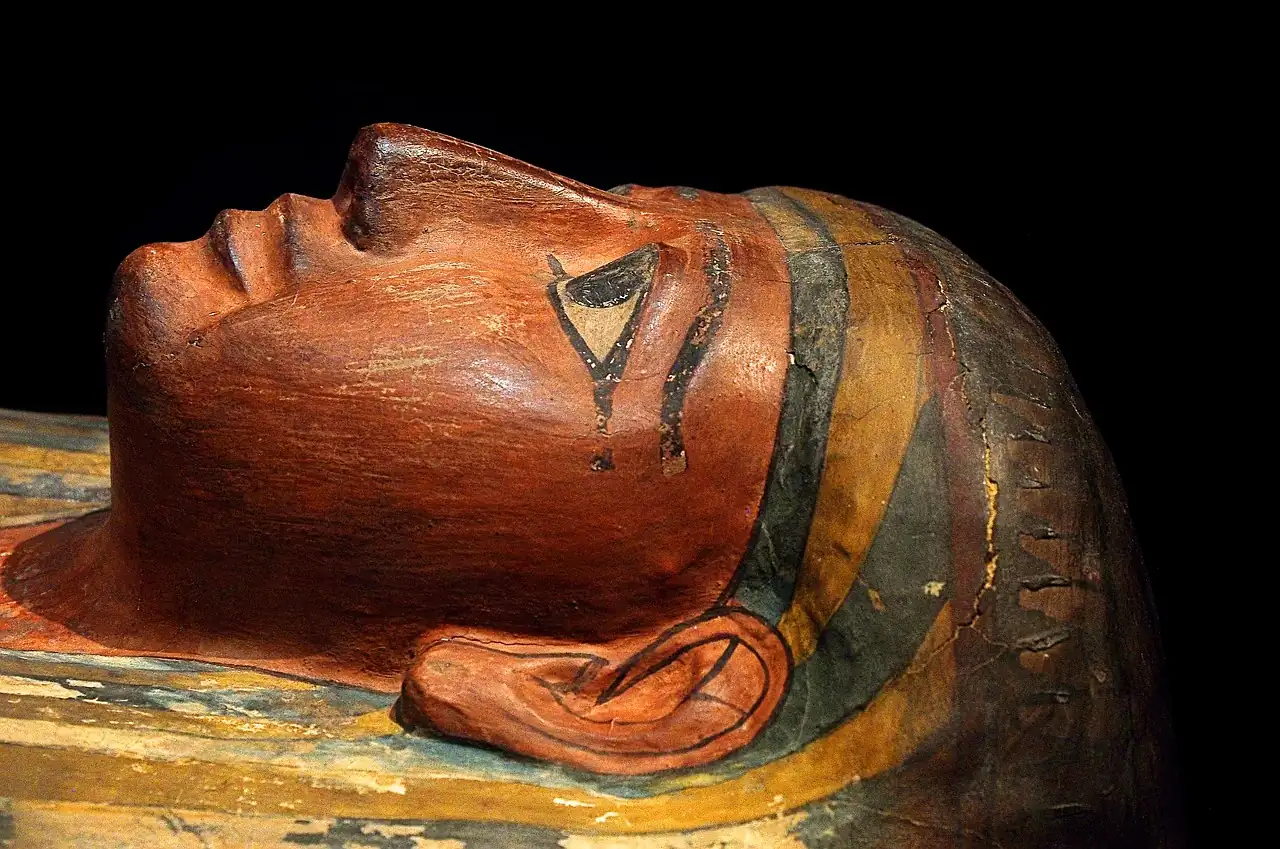Question
What are the authorities on which animal sacrifice on Eid al-Adha based? To me it appears sheer waste of money that could be used on other constructive purposes. Please help me understand on pure moralistic ground.
Answer
Animal sacrifice is a Sunnah of the Prophets of God. It has been a living tradition among their followers.[1] However, Abraham (sws) gave this worship a concrete form. He did not hesitate to offer his only son – Ishmael (sws) for sacrifice, when commanded by God. Ishmael, however, was redeemed by God against the tradition of animal sacrifice later instituted by Abraham under divine bidding as part of the faith. Thus the Muslim practice of animal sacrifice is actually a monument to the great sacrifice offered by Abraham (sws).
Viewed thus, the sacrifice is the pinnacle of worship. When we make an animal stand or bow down1 in the direction of the Baytullah and also direct our own face towards the House of God and present the sacrificed animal as an offering to God by saying2: ‘بِسْمِ اللهِ وَ اللهُ اَكْبَرْ’, we are actually offering our own selves to God.
This offering is the essence of Islam because Islam means that one should surrender to God and submit his most prized possession – so much so, his own life – to Him.
A little deliberation shows that the sacrifice is a portrayal of this essence. When Abraham (sws) and his great son Ishmael presented themselves to God, the Qur’an called this submission as ‘Islam’: ‘فَلَمَّا أَسْلَمَا وَتَلَّهُ لِلْجَبِينِ (103:37)’ (Then when both of them submitted and the father made his son lie on his temples; (37:103)). It is worth noting that in the above quoted verses of Surah Hajj the words ‘فَلَهُ أَسْلِمُوا وَبَشِّرِ الْمُخْبِتِينَ’ very aptly point to this essence. The implication is that if our hearts are bowed down before our God then we should submit ourselves to Him because our God is one God. This is the very essence of sacrifice and the Almighty has made it part of the Shari‘ah so that people can especially express their gratitude to Him; therefore, no one should associate partners with Him. (Meezaan, Qanoone Ibadaat)
[1] This response has been written in the light of Mr. Javed Ahmed Ghamidi’s research on the subject.
[2]And then we revealed to you (the command) to follow the faith of Abraham, who truly submitted (before God): he was not no idolater. [16:123
Answered by: Tariq Mahmood Hashmi
Date: 2015-01-30


